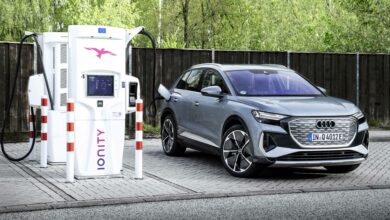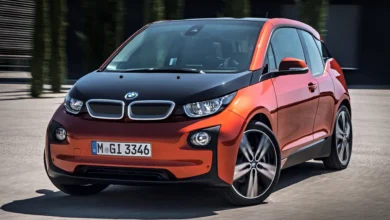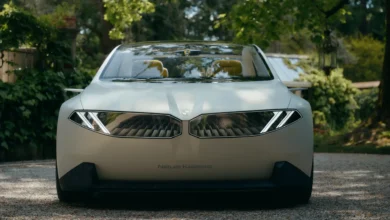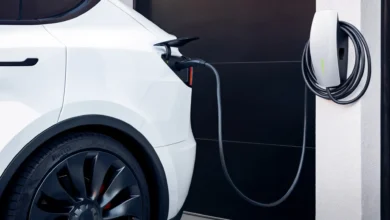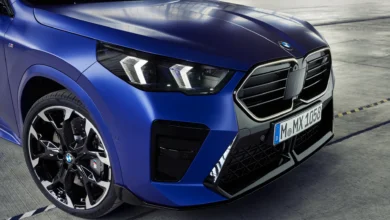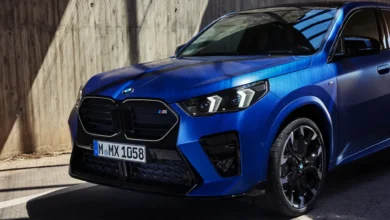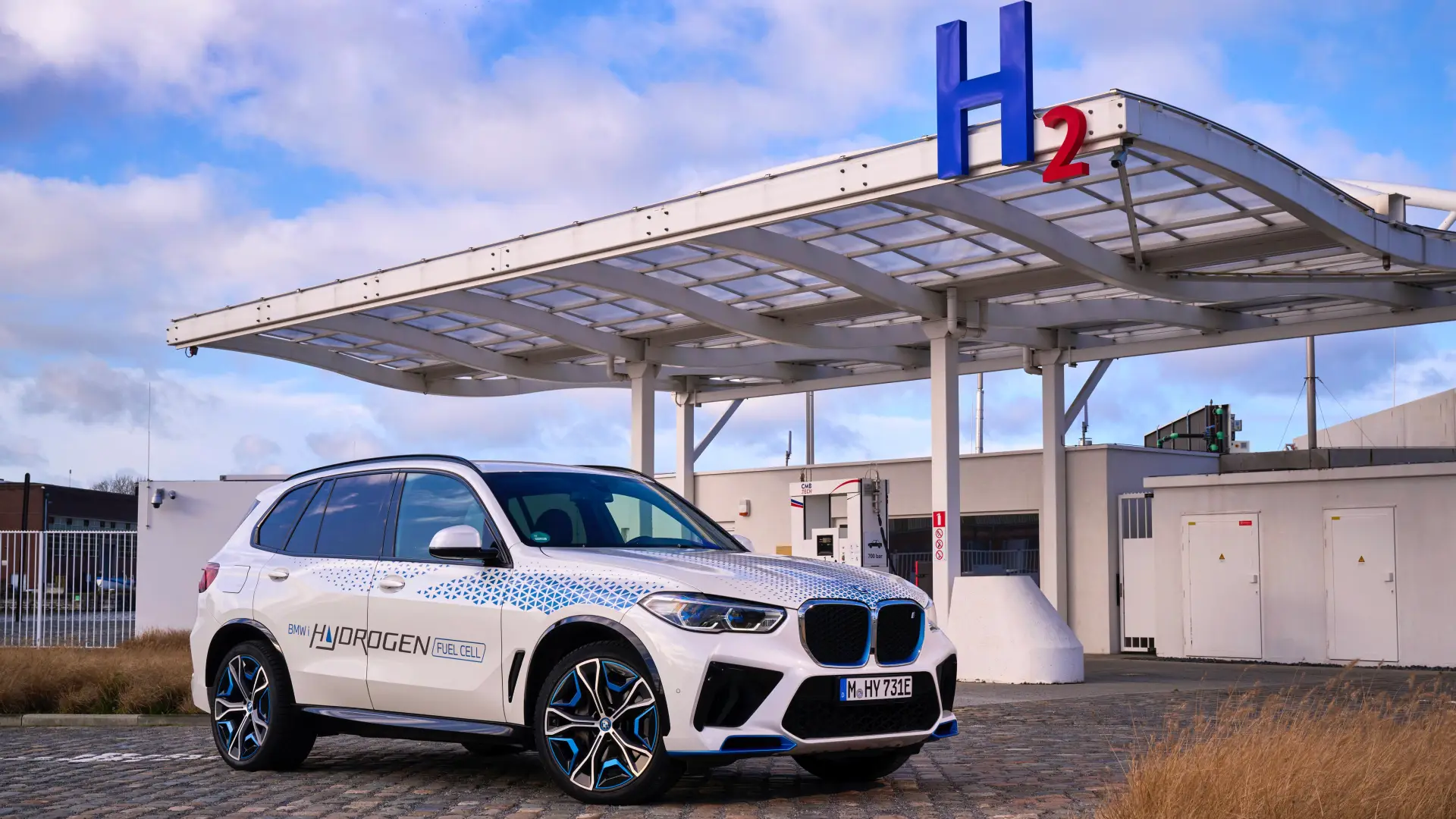
The mobility of the future will be very different from what we know today. In a few years, the motor world will completely change its approach to embracing, hopefully, a multi-platform approach. The current combustion engines will give up their place after more than 100 years of evolution. The electric ones are the most powerful force, but some manufacturers consider that it is possible to offer alternatives to them as well. Biofuels and hydrogen sound promising, so much so that BMW already has a date to start series production of the first hydrogen-powered electric cars.
Back in the year 2000, before the world even started talking about electricity, BMW began to dabble with a well-known and abundant element, hydrogen. His first works were more on the conceptual side than real, but even so, those in Munich saw in it an alternative fuel free of emissions. Already in the E38 generation of the 7 Series they presented a few units moved with hydrogen. A small step that, after 20 years of development, can become something real and true as the latest BMW iX5 Hydrogen demonstrates.
Throughout more than two decades, BMW engineers have continued to work on and improve a concept that may now be key. Hydrogen has enormous potential, but also an infinite number of solutions. Many think of it as an alternative fuel for heavy transport there are already several hydrogen-powered trucks in production. Jürgen Guldner, the section’s project manager, believes that the first publicly available fuel cell car will arrive in the second half of the decade, as he has told the English media Autocar.
Although it has not specified a specific date, the brand has long warned that in 2025 it could be in a position to incorporate a model based on hydrogen in the assembly line. Guldner sees this as a better alternative to batteries for several reasons. “We’ve seen a pretty steep decline in costs in recent years.” The responsible engineer has also pointed out that the raw materials needed for FCEVs are much less than those required for electric ones, which means they will be less vulnerable to dependence on China.
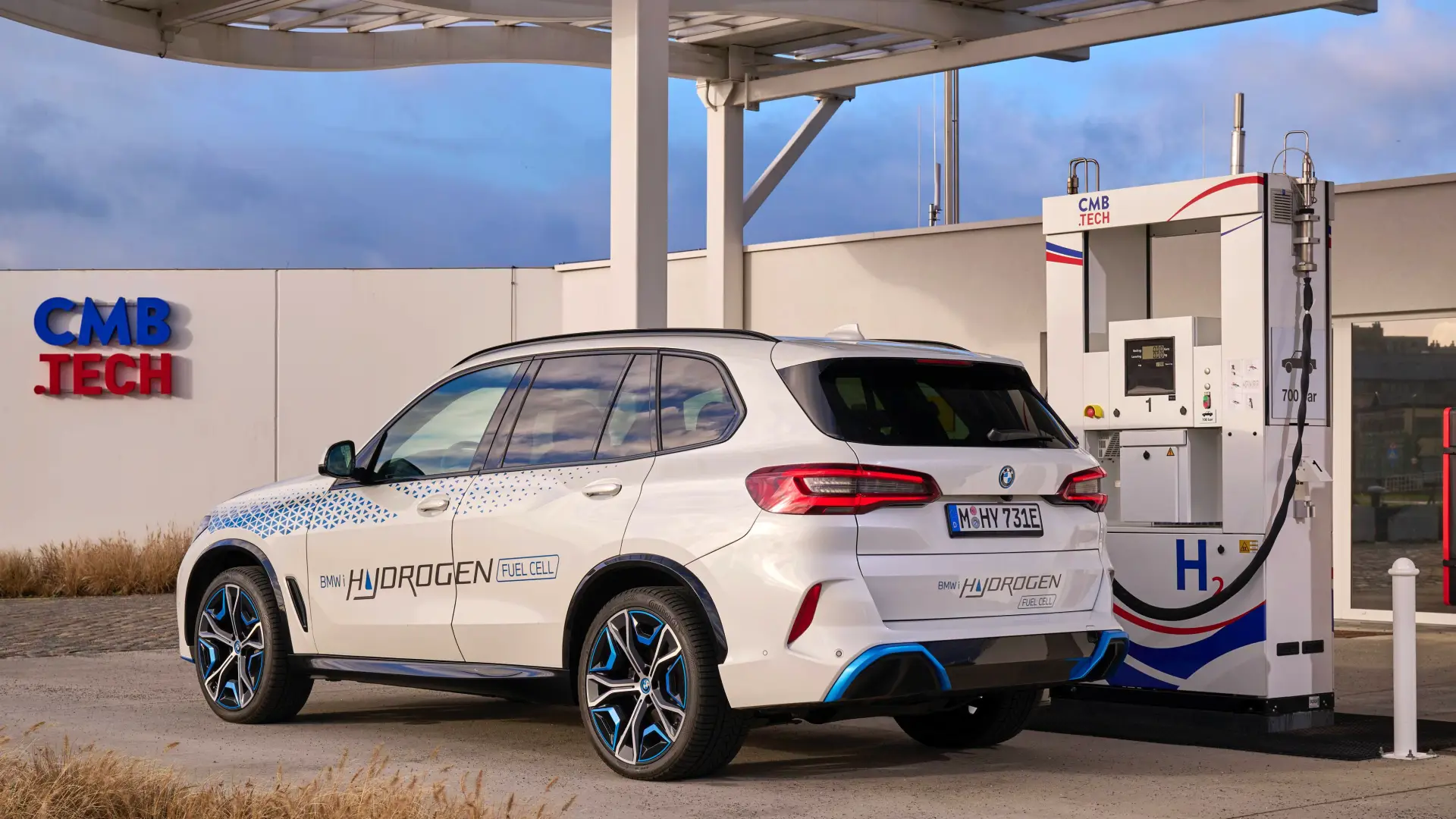
Currently, China is in complete control and dominance of the global electricity program. With the largest productive muscle on the planet, the Asians have most of the battery manufacturers on the market, led by CATL, within their borders. Europe’s dependence on the Far East jeopardizes a strategy that is too fast. The European Union needs to reassess its agenda and invest large sums of money so as not to cause the collapse of one of the continent’s main industries. Hydrogen is the most abundant element in the world, an inexhaustible source of energy, and free from Chinese industry.
In the same interview, Guldner commented that price parity between hydrogen and battery-powered cars is “absolutely possible” in the next decade. Currently, the biggest drawback lies in obtaining hydrogen as a fuel since, being such a volatile element, it is always associated with another compound. Separating and isolating it is, right now, excessively expensive, but various projects are working on more sustainable and economical production processes. The emergence of fuel cell cars is only “a matter of time,” Guldner finally declared.
